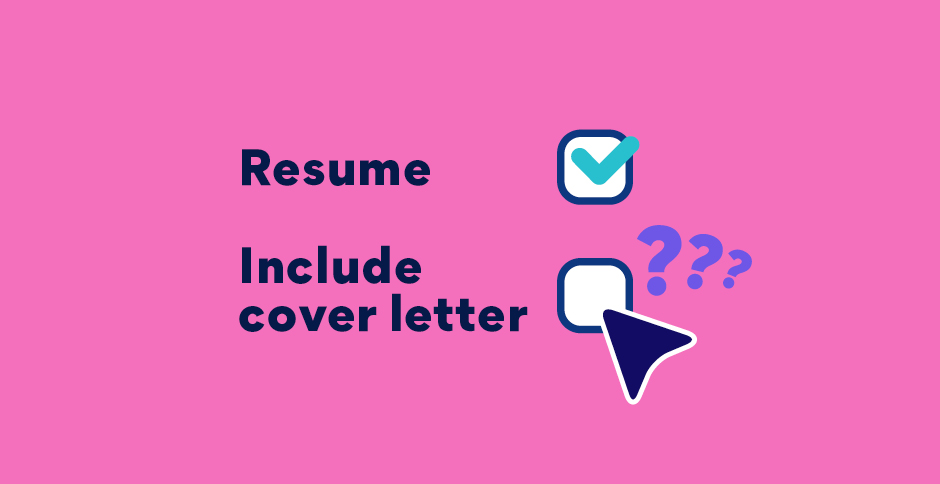Job-hunting is hard and it can be emotionally draining. Applying for countless jobs and not hearing back from anyone can really dent your confidence and leave you feeling miserable and low on motivation. Sometimes the reason for not making the shortlist is simply because there are more suitable candidates, but on other occasions, it might be because there’s something lacking in your job application process.
“When submitting job applications, it’s quality, not quantity that counts,” says Angela Tuazon, Senior Recruitment Consultant at Good People HR. “Applicants may think the more applications they submit equals a better chance of getting a job, but that is not the case. Personalise your application and target companies you want to work for,” she advises.
Here are some more tips that might help you improve your application process:
- Take the time to perfect your resume, cover letter and SEEK Profile. Your resume, cover letter and profile is your first opportunity to sell yourself to prospective employers, so it’s vital that you make a good impression. Recruiters or hiring managers view hundreds of applications and profiles, so you need to make sure yours stands out from the pack.
“If your resume is poorly written and formatted, you will get overlooked,” says Tuazon. “You need to ensure your resume is well structured, presented and targeted to each new job you apply for. Remember to highlight all the appropriate skills, achievements and relevant information to that specific role.”
Honestly assess the quality of your resume, cover letter and SEEK Profile and enlist the help of others to improve it. You might want to give it to your friends and family to proofread or seek out professional services. Career coaches can be an invaluable resource – they can provide you with some general advice as well as some specific recommendations on how to sharpen your application.
- Tailor your application to the job you’re applying for. One of the most common mistakes job hunters make is sending out a generic application en masse. This will be obvious to the person reading it and you’ll find your application will inevitably be ignored. The message it sends is: ‘I don’t really care that much about the role.’
It’s far more effective to spend your time tailoring your application to the specific role. Analyse the job advertisement – identify keywords and include them in your cover letter. Identify the main skills required and, throughout your cover letter and resume, provide examples of when you’ve demonstrated that you have these skills. - Create an online presence. “Your resume doesn’t show who you are as a person and recruiters and hiring managers are assessing if you are a cultural fit for the company,” says Tuazon. According to Tauzon, recruiters will often check out your personal and professional social media accounts to learn out more about you – so ensuring they are up-to-date and appropriate is paramount.
Cultivate an image of yourself online that lets prospective employers know that you’re the kind of candidate they want in their organisation.
Job seeking is hard, so it’s important that, above all, you stay positive. Don’t get demoralised if things aren’t going your way because they can turn around just as quickly. Keep working hard on your application process and it’ll only be a matter of time before your fortune changes.



